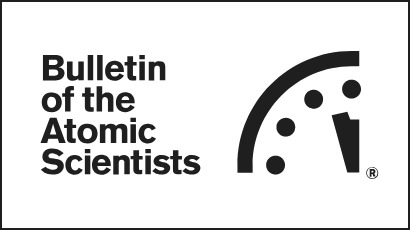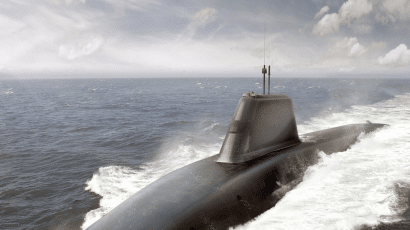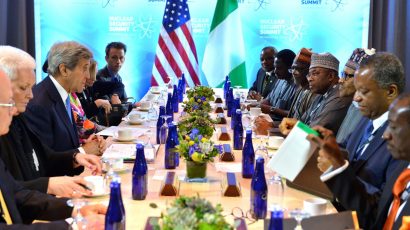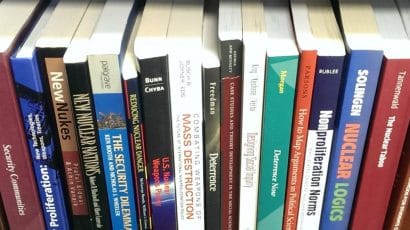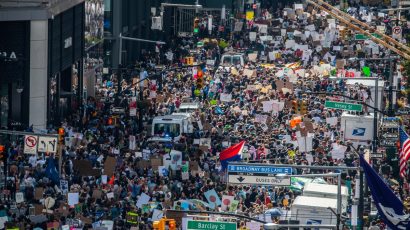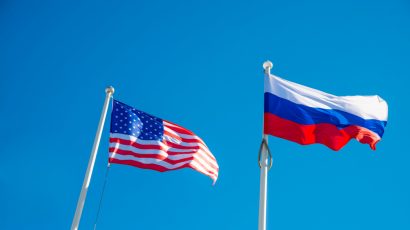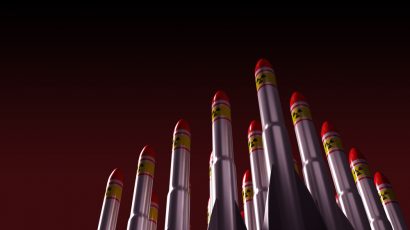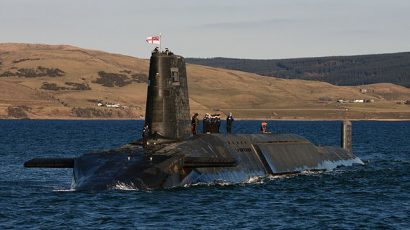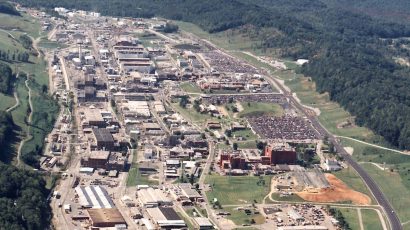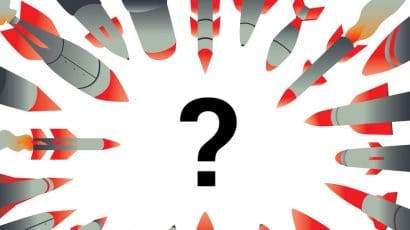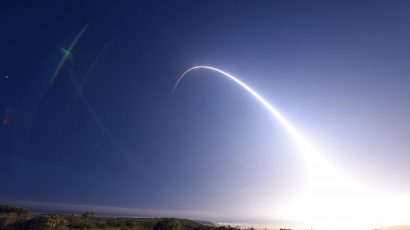Search results for
The Australian submarine agreement: Turning nuclear cooperation upside down
The US, UK, and Australia announcement on nuclear submarines turns existing precedence and practice on their heads, extending traditionally northern hemisphere cooperation to Australia and bolstering its role in countering China. But the deal has outraged France, which has recalled its ambassadors to the United States and Australia.
The controversial legacy of the Nuclear Security Summit
Although it has been only two years since the conclusion of the fourth and final Nuclear Security Summit, it feels as though nuclear politics have been on fast-forward. China, Russia, and the United States are modernizing their nuclear arsenals; North Korea has openly tested intercontinental ballistic missiles; and the pressure for disarmament has found a … Continued
The ban treaty: A big nuclear-weapon-free zone?
The nuclear weapons states seem to have accepted the idea that a treaty to prohibit nuclear weapons—known informally as the ban treaty—could indeed be the result of a UN conference being held this June and July in New York City. Nevertheless, some observers maintain that even if a ban treaty were to be negotiated, it … Continued
Jerry Brown on climate change, nuclear weapons, and the Doomsday Clock
An adaptation of remarks California Gov. Jerry Brown made at the Bulletin's 70th anniversary Doomsday Clock Symposium in November 2015, in Chicago
Comics, graphic novels, and the nuclear age
Comics and graphic novels have provided a means of deep and nuanced thinking about nuclear weapons for decades, raising questions and offering perspectives many readers might still not expect from such a colorful medium.
Interview: Paul Bracken on American nuclear forces in the 21st century
The author of The Second Nuclear Age: Strategy, Danger and the New Power Politics talks about the recent exposés about the state of US nuclear forces, and rethinking the nuclear triad.
What’s missing from American schools’ curricula? Nuclear weapons.
As students flock back to school this week, nuclear weapons and nuclear risk will not be a standard part of class curricula. Why not?
Best of 2019: Young experts on nuclear weapons, climate change, and disruptive technology
In 2019, young people had something to say about the lack of progress on stabilizing the climate, negotiating with North Korea, and preparing for the arrival of quantum computing.
The effects of a single terrorist nuclear bomb
What would happen — environmentally, socially, economically, and politically — if terrorists managed to explode a single nuclear weapon in a city?
The US-Russian teamwork that kept nuclear weapons safe
How scientists from once-and-future adversaries cooperated to prevent nuclear catastrophe.
Meeting Einstein’s challenge: New thinking about nuclear weapons
Einstein said that the atomic age called for a new way of thinking, one that focused on cooperation rather than competition. Why has progress been so slow?
Game of Thrones: The dragons and nuclear weapons nexus
The inherent difficulties of managing fictional dragons and real-life nuclear weapons
Survey: Most Americans don’t know much about nuclear weapons. But they want to know more.
When Americans are asked whether they know enough about nuclear weapons to assess the benefit or harm to them personally, two thirds say they do not, according to a recent Chicago Council-Carnegie Corporation survey. But 60 percent of responders said they are interested in learning more about US nuclear weapons policy.
Where will the next president stand on nuclear weapons?
Probing the 2016 presidential candidates’ records on nuclear weapons makes for some interesting reading and could foretell US nuclear policies to come, yet the subject still deserves far more attention between now and November.
Britain’s Trident, and the need to support nuclear personnel
William McNeilly’s revelations about the Trident submarine program highlight the need to support nuclear personnel—even if disarmament is the ultimate goal
Y-12: Poster child for a dysfunctional nuclear weapons complex
The Y-12 National Security Complex has not produced weapons for some 25 years, but its annual budgets have increased by nearly 50 percent since 1997. The dysfunction must end, sometime.
Nerds, ninjas, and neutrons: The story of the Nuclear Emergency Support Team
Recently declassified material and other information that has never before appeared in the public domain allow a glimpse into the workings of the Nuclear Emergency Support Team —often one of the first agencies to respond whenever there is an incident involving a nuclear weapon or a nuclear reactor.
An existential discussion: What is the probability of nuclear war?
“Father of the internet” Vinton Cerf and “father of public key cryptography” Martin Hellman agree that the US needs to understand the risk of nuclear war. However, they disagree about the best means for understanding that risk. In side-by-side opinion pieces, Cerf and Hellman present their opposing views.
Why is America getting a new $100 billion nuclear weapon?
The reasons for the United States new intercontinental ballistic missile—the ground-based strategic deterrent, or GBSD—are historical, political, and to a significant extent economic. Many people in the states where the new missile will be built and based see it as an economic lifeline. Their elected officials take campaign donations from defense companies, to be sure, but are also trying to deliver jobs in a political environment that has been hostile to government spending on anything but defense.
